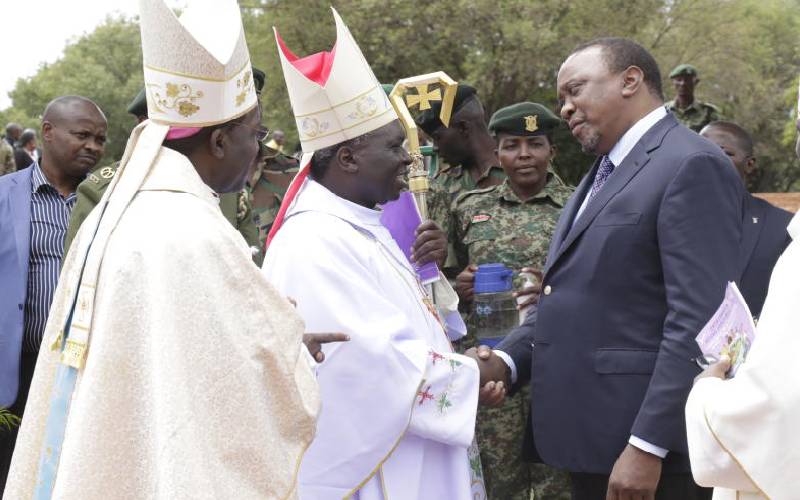×
The Standard e-Paper
Fearless, Trusted News

Away from the coronavirus threat that has engulfed the world, our government’s fight against corruption has not receded. Corruption must be tamed or else our big dreams for a better governance, improved health service, quality education and a happier social society will remain a mirage.